Missouri v. Biden / Murthy v. Missouri (U.S. 2024)
Plaintiffs alleged that federal agencies—including the White House, Surgeon General, CDC, FBI, and CISA—pressured social media platforms to suppress lawful speech concerning COVID-19, elections, and public policy.
- District Court: A preliminary injunction issued against the government based on likely First Amendment violations.
- Fifth Circuit: Affirmed most of the injunction with narrowed scope.
- Supreme Court (2024): The case was dismissed on standing to sue grounds and vacated the injunction. SCOTUS did not address constitutionality of the government actions complained of.
Three justices dissented:
-
Justice Samuel Alito (wrote the dissent)
-
Justice Clarence Thomas
-
Justice Neil Gorsuch
Alito’s core position:
He said the plaintiffs clearly had standing and that the record shows federal coercion of social media to suppress lawful speech — which is unconstitutional state action.
Key points from the dissent:
-
The government used pressure and threats to control speech indirectly.
-
Third-party censorship doesn’t shield the government from First Amendment limits.
-
There was a real and ongoing risk of continued violations.
-
The injunction should have remained in place to stop federal interference with speech.
Alito accused the majority of dodging the issue, finding “The Court refuses to address this serious threat to the First Amendment and instead grounds its decision on standing,” and leaving the First Amendment unprotected against federal coercion.
Key Documents
Punishment by Abusing Process and Harming Reputation
The Murthy case involved individual speakers including:
-
Dr. Jay Bhattacharya (Stanford)-censored and targeted through federal influence over social media platforms because of his opinions on COVID lockdown policies.
-
Dr. Aaron Kheriaty
-
Jill Hines
-
Jim Hoft (Gateway Pundit)
-
Dr. Martin Kulldorff
-
Health Freedom Louisiana
-
and other parties who alleged suppression of their viewpoints.
Individuals who spoke on disfavored issues faced prosecution, threats to their licenses, and reputational harm. Their speech triggered the enforcement actions, even where charges were styled as unrelated conduct. The legal distinction does not reflect the practical effect.
Judicial Retaliation and Republication
The problem with this is it is no secret that some judges will make accusations issued without hearings or evidence and their colleagues will repeat this in later rulings and used to damage credibility. This raises First Amendment, due process, and equal protection concerns that must be protected, not flaunted by biased judges.
Reservoir of Fraud Context
Reservoir of Fraud documents how accusations by judges, agencies, and private actors are used to silence speech outside official narratives. Legal doctrines like standing and immunity prevent review and create ongoing injury through public record and reputation.

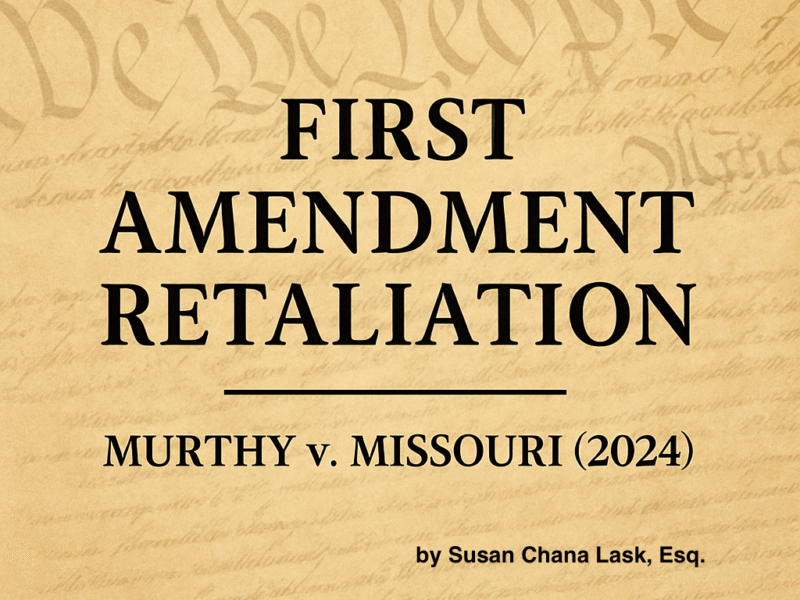
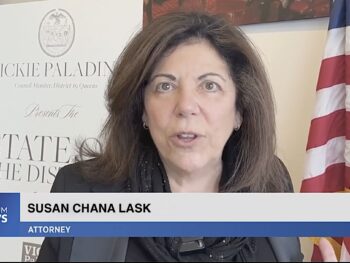
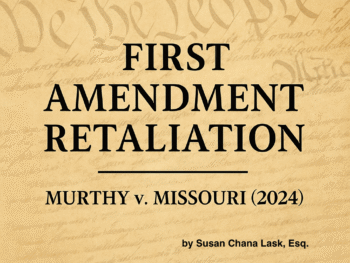
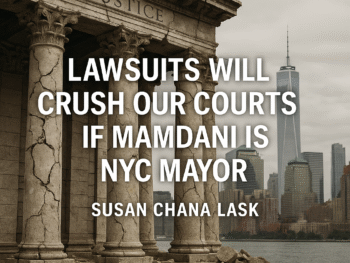
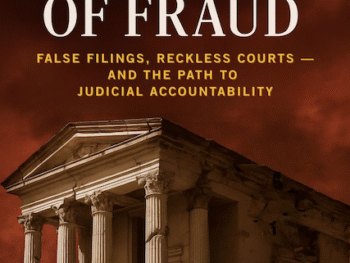
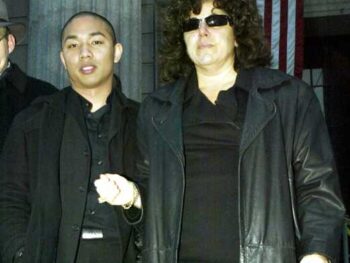




 Susan Chana Lask Projects Wave of Lawsuits if Mamdani is NYC Mayor
Susan Chana Lask Projects Wave of Lawsuits if Mamdani is NYC Mayor